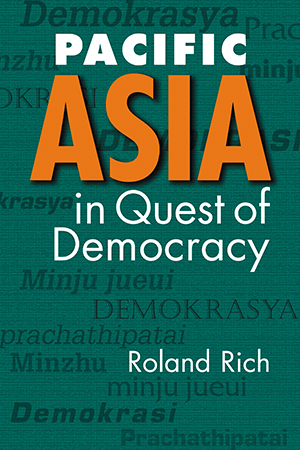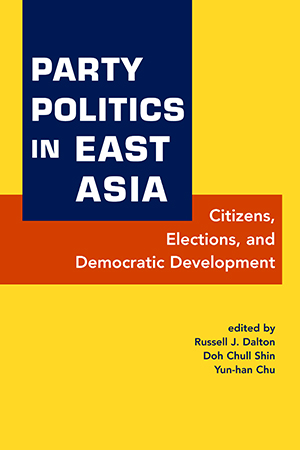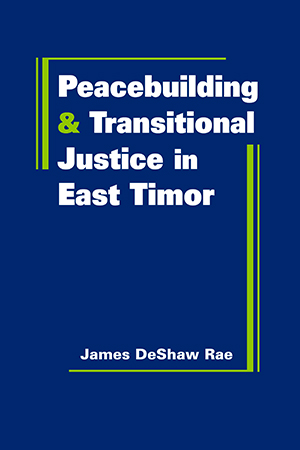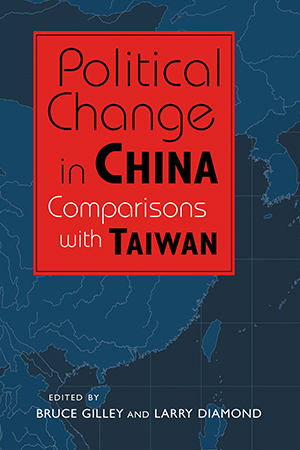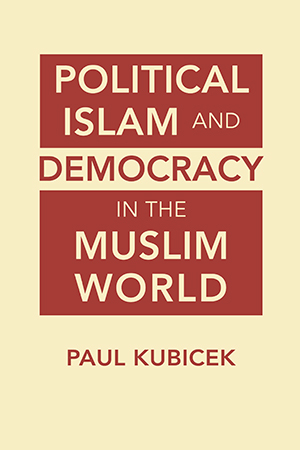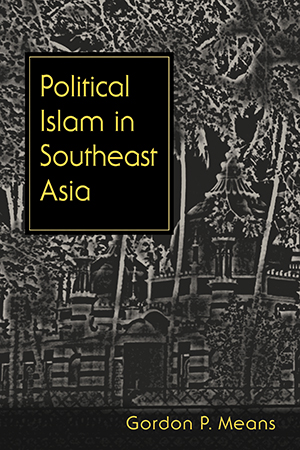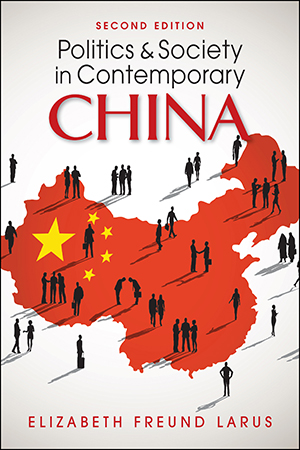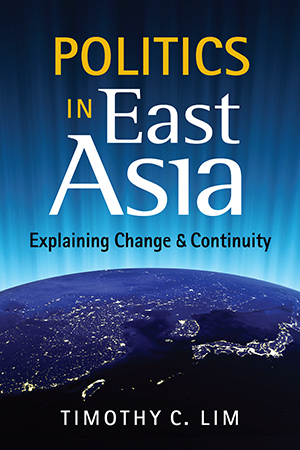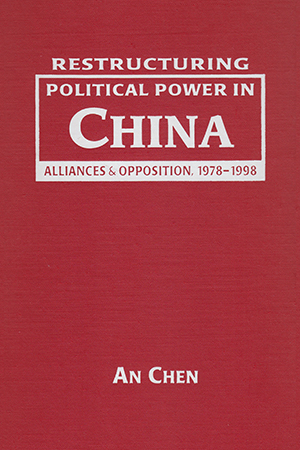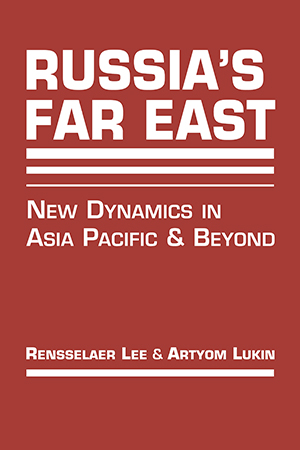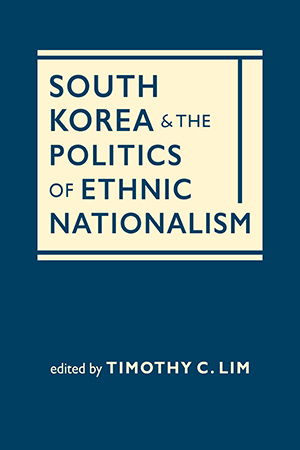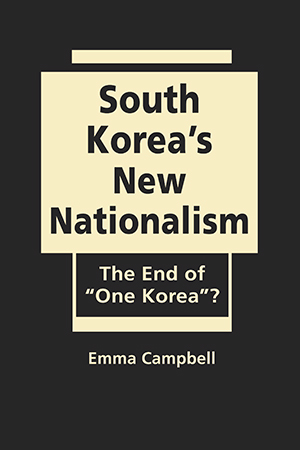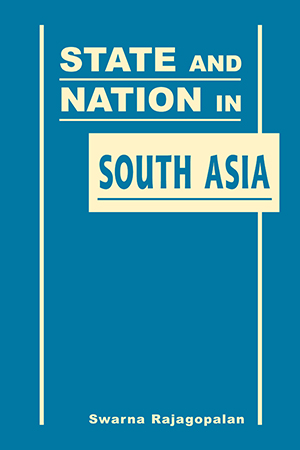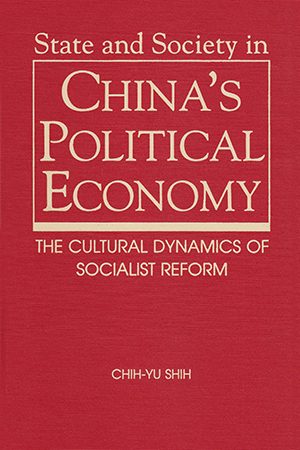Asian Politics
What does democracy look like in Pacific Asia? Can democratic governance in the region survive the challenges of corruption, violence, and soft authoritarianism? What impact are economic More >
Assessing the trajectory of democratization in East Asia, this volume offers a systematic and tightly integrated analysis of party-system development in countries across the region. The More >
Did the United Nations successfully help to build a just, peaceful state and society in postconflict East Timor? Has transitional justice satisfied local demands for accountability and/or More >
How might China become a democracy? And what lessons, if any, might Taiwan's experience of democratization hold for China's future? The authors of this volume consider these More >
Belying assertions of the incompatibility of Islam and democracy, many Muslim-majority countries are now or have been democratic. Paul Kubicek draws on the experiences of those countries to More >
Gordon Means traces the evolution of Islamic politics in Southeast Asia, ranging from the early arrival of Islam in the region to the challenges it generates, and faces, More >
This acclaimed introduction to China's politics and policies has been extensively revised and thoroughly updated not only to focus on the Xi Jinping era, but also to be even more More >
This systematic, innovative introduction to the dynamic politics and political economies of China, Japan, North Korea, South Korea, and Taiwan teaches students how to think analytically, More >
Moving from the 1950s to the present, Zachary Abuza explores Vietnamese politics and culture through the lens of the internal debates over political reform. Abuza focuses on issues of More >
This systematic study of China's structural transformation during the past two decades emphasizes the balance-of-power game so ably played by Deng Xiaoping and others among the post-Mao More >
The strategically pivotal Russian Far East—a vast expanse stretching from Lake Baikal to the Pacific Ocean—is notable not only for its rich natural resources, but also for the More >
Though for decades South Korea was considered the quintessential homogeneous nation-state, the more recent influx of significant immigration has given rise to intensely debated questions More >
Why have traditional views of national identity in South Korea—views that for years drove a demand for reunification—been challenged so dramatically in recent years? What More >
What makes a national community out of a state? Addressing this fundamental question, Rajagopalan studies national integration from the perspective of three South Asian More >
As China's reforms take root, the differences between the traditional value of harmony and the socialist norm of class struggle are becoming increasingly obscured. Chinese citizens are, More >


